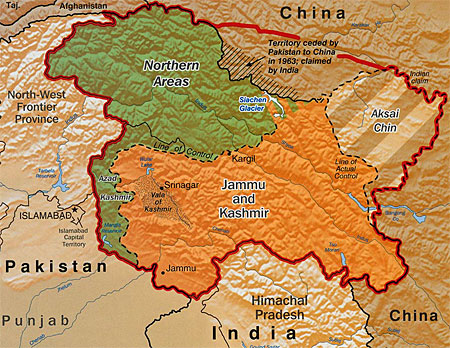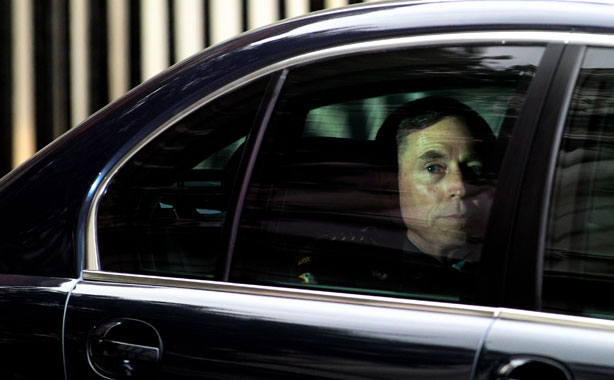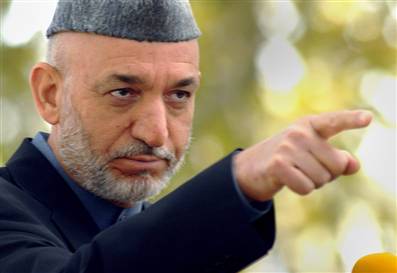Obama zigged in India when he should have zagged
 Friday, November 12, 2010 at 8:30AM
Friday, November 12, 2010 at 8:30AM 
Good FT op-ed by Mansoor Ijaz, who "jointly authored the blueprint for a ceasefire of hostilities between Indian security forces and Islamist militants in Kashmir in July and August 2000," so he knows from where he speaks.
In line with my bit about making India happy before Pakistan, he says you need to make India happy enough to chill Pakistan if you want any sort of real answer on Afghanistan, which I would thereupon say needs some Indian effort/presence to boot (piling on, perhaps, but if you're going to make such effort, why not get maximum response?).
Starts with story about how in 2004 the Indian intell discovered a jihadist plot to kill Musharraf and immediately decided to tell the Pakistanis about it, averting in their minds that disaster. The logic? The terrorists were now everyone's problem, says Ijaz, "for Pakistan is a country that can no longer manage the monsters it has created."
Ijaz's primary sale here is an "open security architecture" for the region, by which he means one helluva lot more transparency than currently exists.
Frankly, the same should be done on the South China Sea with China, to include the subsets of NorKo and Taiwan. There simply should be no joint exercises that don't include damn near everybody. Why? We are fooling around with very important countries in a fairly fragile global economy--simply put, bigger fish to fry.
Ijaz argues that if we got the Pakistani and Indian militaries/security forces cooperating openly, then:
Such co-operation would reduce stress not only along the Indo-Pakistani border, enabling those resources to be spent elsewhere in stabilising Pakistan, but also in Afghanistan, where Islamabad perceives an Indian effort to squeeze it out of a traditional power base. Defusing mistrust here is critical. As a confidence-building measure, India could for example ask Pakistan’s military to join its own in training the new Afghan army.
Same trade answer useful here as in the Korean peninsula, where the US should ratify its free trade agreement with South Korea immediately: get an Indian-Pakistani free trade accord.
And so on and so forth.
My point: Obama comes and makes this empty gesture of supporting India's bid for a permanent UN Security Council seat. "Empty" because it's not his to give and very unlikely anytime soon, so he offers it at zero cost/risk.
Instead, as all the media coverage notes, he references common terror threats and totally sidesteps the Kashmir issue--again an empty gesture as far as the Indians are concerned, because their terror fears start there, as do Pakistan's need to keep those networks and militias available for employment against India. Unless we eliminate that requirement, Pakistan will continue double-dealing with us, and the Afghanistan solution will not come.
Good piece, good logic.
So far Obama's done an unimaginative rerun in Afghanistan of Bush logic in Iraq: surge + no real regional diplomatic dealmaking. We get away with it in Iraq because the dominant group was allowed to win, and its tentativeness ever since has been due to our letting the dominant group win. We face no such neat opportunity in Afghanistan. To settle that place, we need to settle the Pashtun, and to settle the Pashtun, we need to settle Pakistan, and to settle Pakistan we need to get India in the right space with Pakistan.
The bold move would have been to get that rolling on Obama's big-time trip to India, but, unless I'm missing something here, that did not happen. The coverage I've read said Kashmir was strictly avoided.
And that, to me, sounds like a president--notwithstanding the Nobel--overmatched by the dealmaking required to make some genuine peace happen. Obama either lacks the imagination or the will, because that was a wasted trip.
Again, cool all right, just empty in outcomes.































